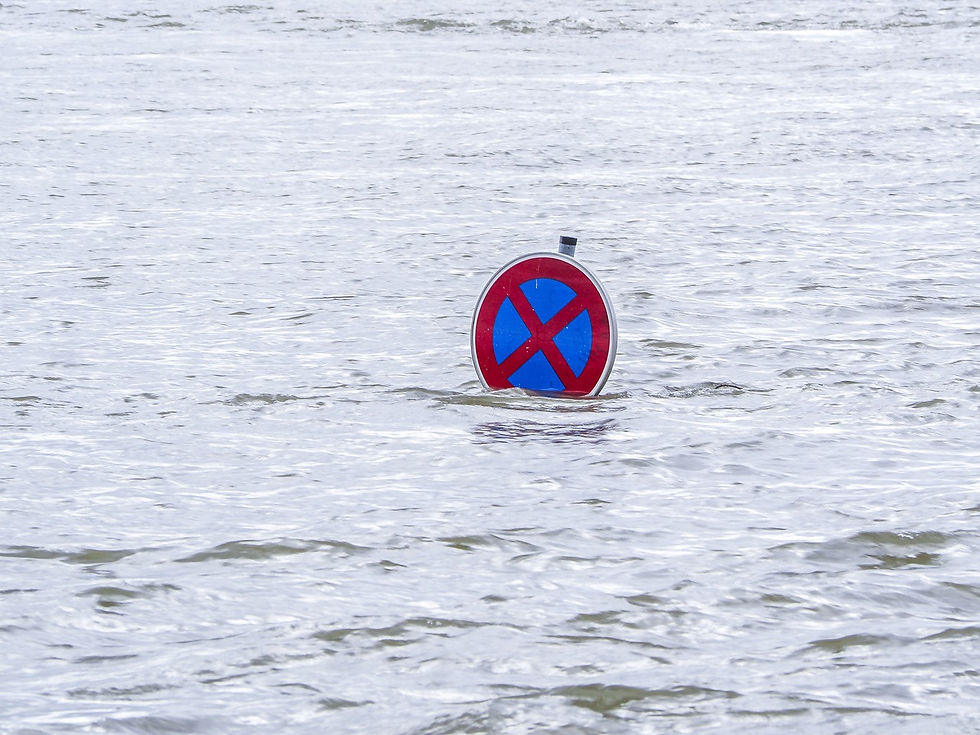Flash Floods Devastate Western Europe
- Hannah McGaw

- Jul 18, 2021
- 3 min read
Updated: Dec 23, 2024
A large-scale rescue attempt has been launched after flash floods ravaged large parts of western Europe this week, leaving dozens dead and many more unaccounted for. Across parts of western Germany, rivers burst their banks, sweeping away houses, destroying bridges and roads, and thus leaving several towns in ruins.

The German states of Rhineland-Palatinate and North Rhine-Westphalia were the worst-hit. At least 93 people have been reported dead in Germany, and an estimated 1,300 are still missing.Belgium, The Netherlands, Luxembourg, and Switzerland were also affected by the flooding, with Belgium having reported at least 14 dead and five people still missing. Several municipalities in Wallonia, a region of Belgium, have been told that their tap water is undrinkable and will remain so for several days. Whilst they have so far recorded no deaths, Switzerland, Luxembourg, and The Netherlands have battled flash floods that swept through the villages and forced thousands to leave their homes.
Around 15,000 police, soldiers, and emergency service workers have been deployed to carry out search and rescue attempts, whilst helicopters pick stranded residents from rooftops and tanks clear the roads of debris. Local authorities have said they have been receiving emergency calls from people trapped by flood water— but rescue, in many cases, was not possible.
Thousands of people remain homeless after their houses were destroyed or deemed at-risk by authorities, including several villages around the Steinbach reservoir that experts say could collapse under the weight of the floods. However, the full extent of the damage remains unclear, due to the fact that many remote areas are still cut off by floodwater. In the western German regions, around 114,000 properties are without power, and another 20,000 homes in southern Belgium have also lost electricity. Mobile phone networks and internet connections have also been affected by the floods, leaving family members unable to contact one another.
Yet the situation is predicted to escalate even further as more rain is forecast for parts of the region, where water levels in the Rhine and its tributaries remain dangerously high. Rescue workers face mounting pressure to evacuate the area— and the looming threat of bursting dams, such as the one nearby to the devastated German town of Euskirchen— could drastically increase the death toll. The hope is that rainfall will ease off due to summer temperatures returning this weekend (17th-18th July 2021) although authorities believe that the floodwaters will take many hours, if not days, to recede. Local officials believe that once floodwaters have decreased, fatalities will rise.
The intensity and scale of the floods has shocked climate scientists. Precipitation records were broken across a wide area of the Rhine basin on Wednesday, with around one hundred and forty-eight litres of rain per square metre falling within forty-eight hours in a part of Germany that typically sees around eighty litres throughout the whole of July. The city of Hagen was forced to declare a state of emergency after the river Volme burst its banks, and water levels rose to a point that has not been seen more than four times in a century. German Chancellor Angela Merkel called for increasing environmental action following interior minister Horst Seehofer’s statement:“This is a consequence of climate change.” The governor of Rhineland-Palatinate, one of the worst-hit regions in western Germany, said that the disaster showed the need to speed up efforts to curb global warming: “Climate change isn’t abstract anymore. We are experiencing it up close and painfully.”

_edited.png)



Comments